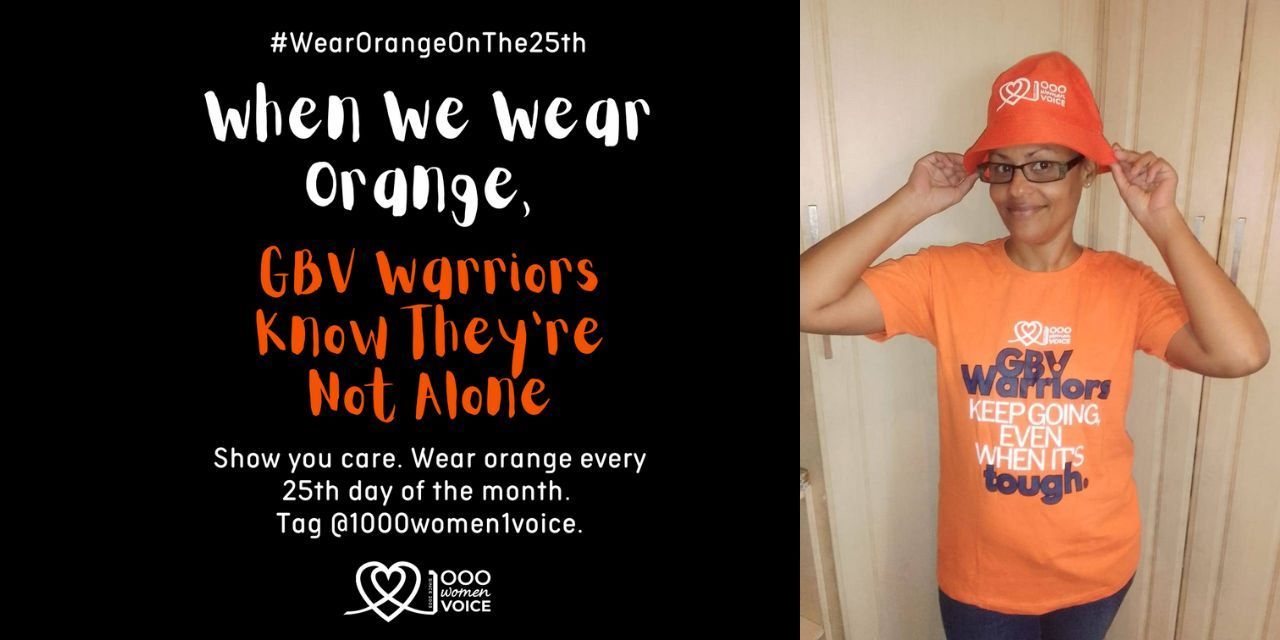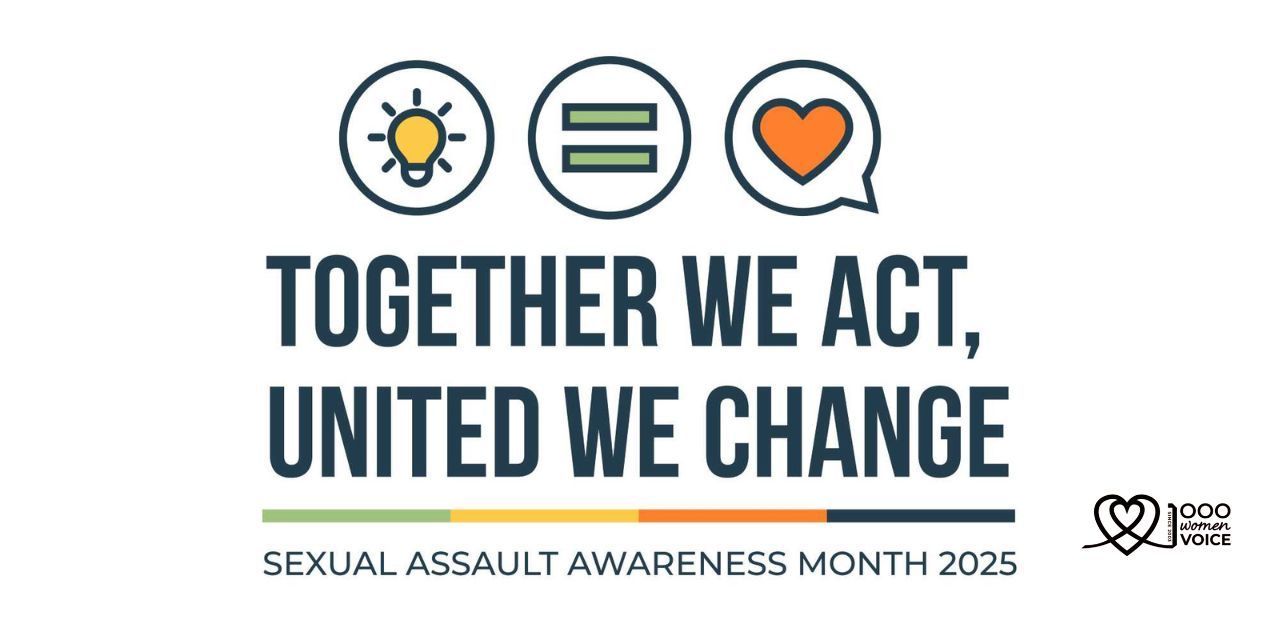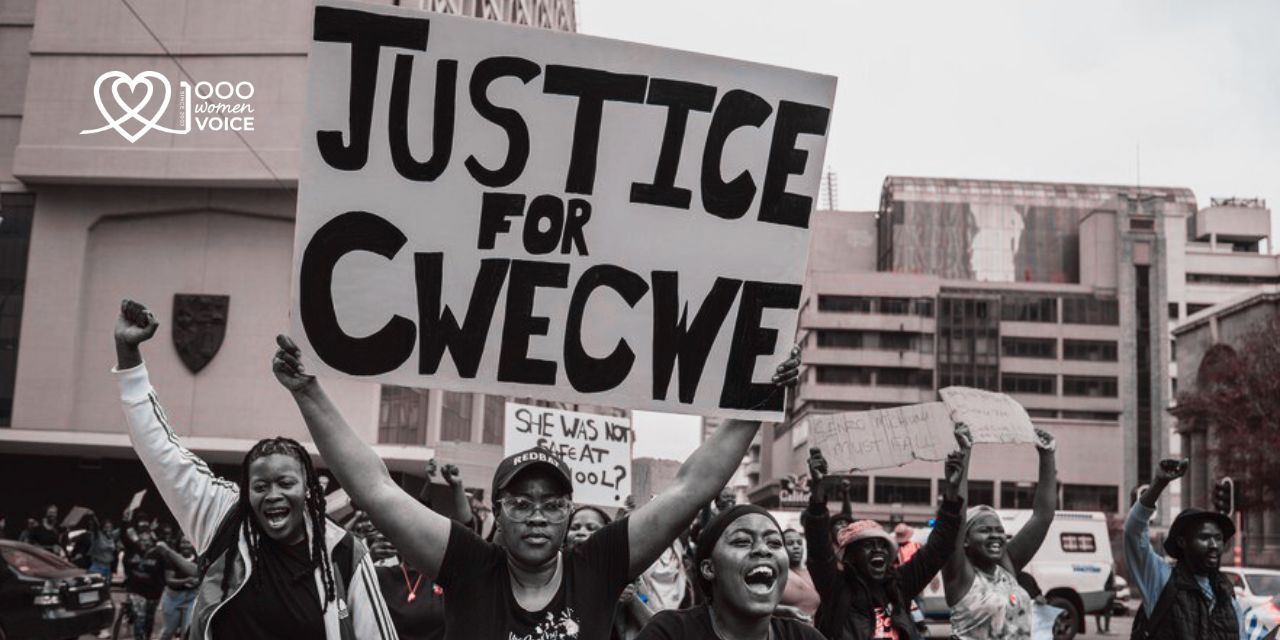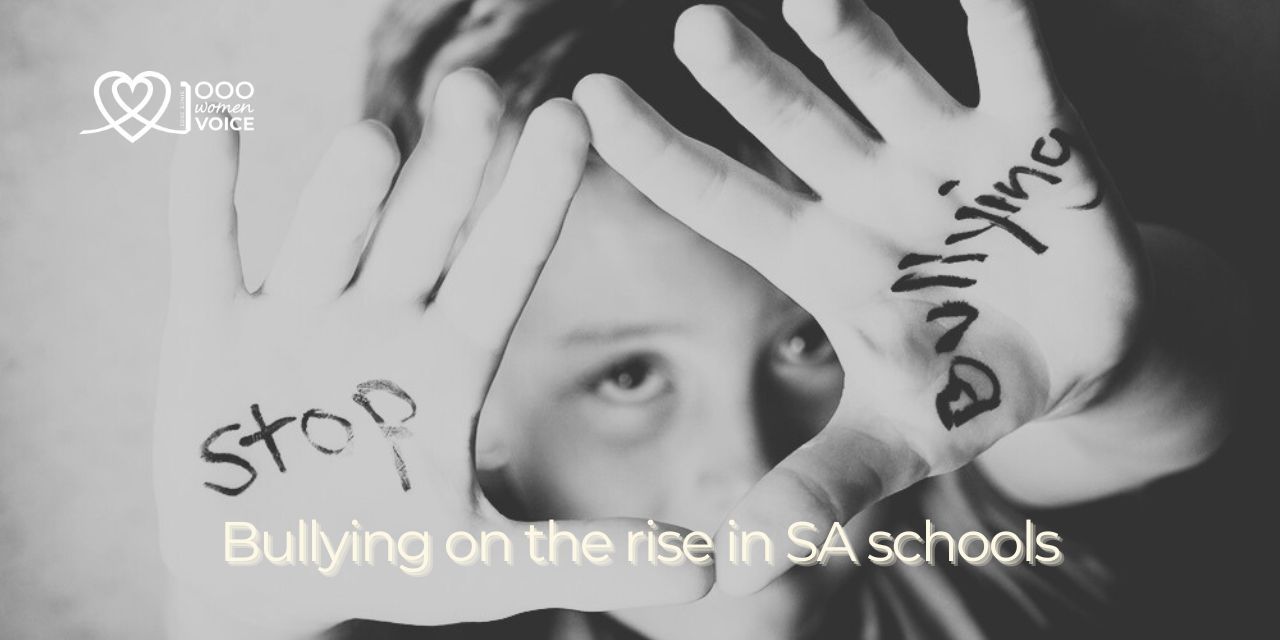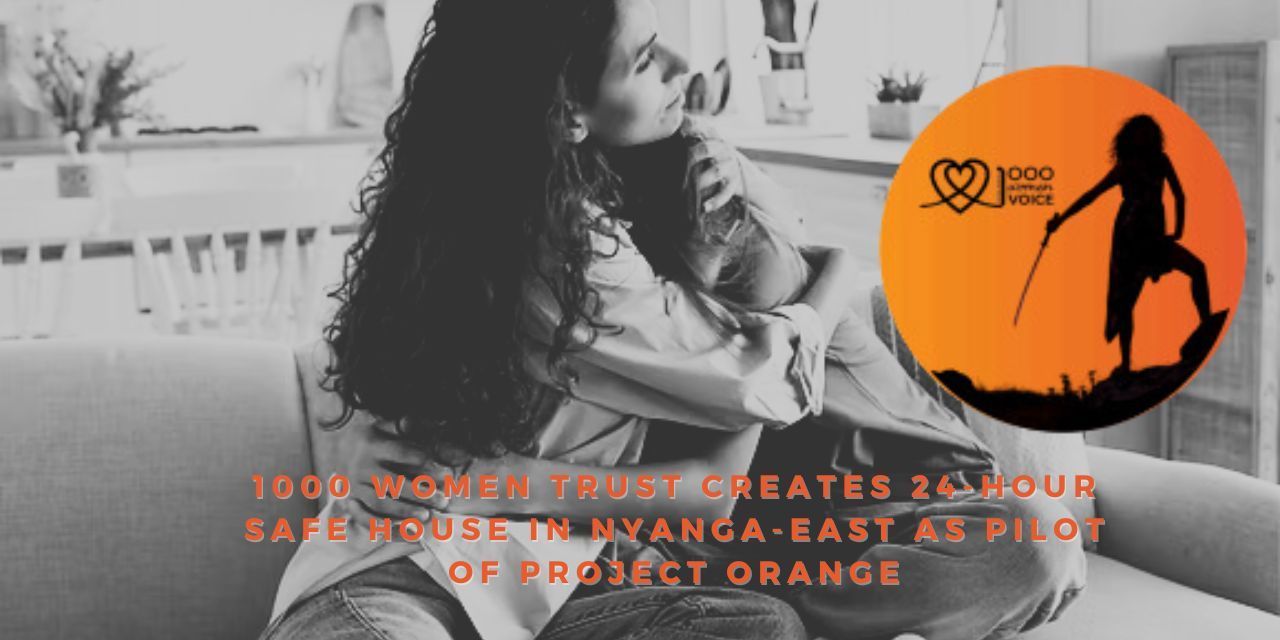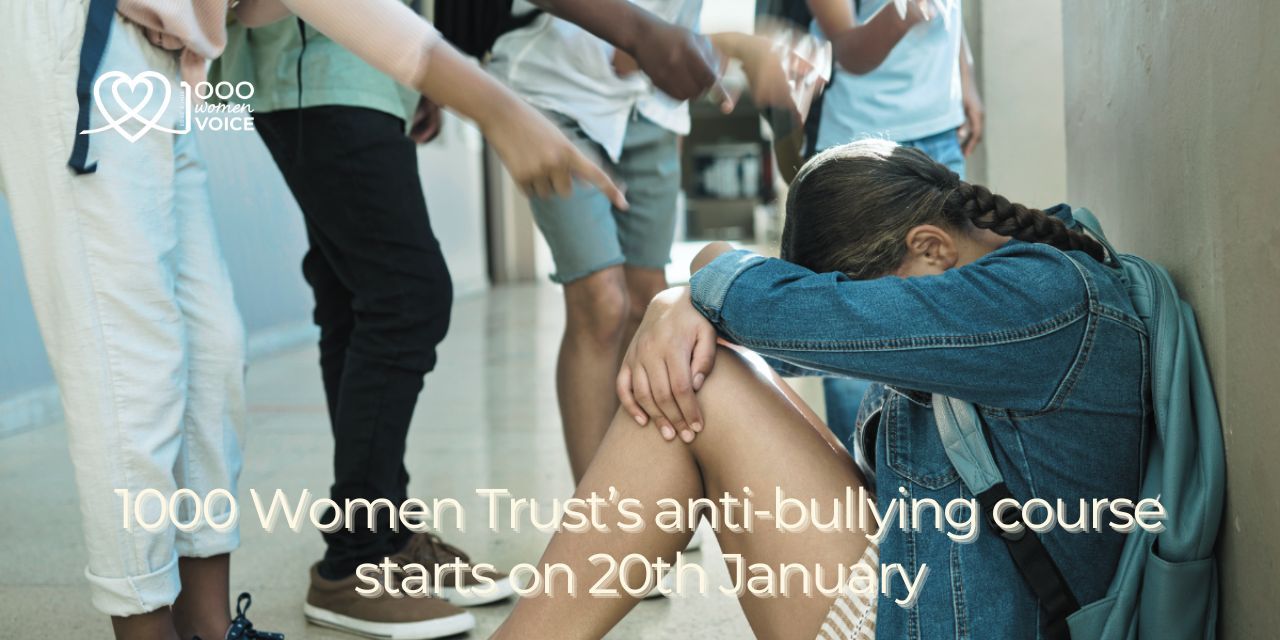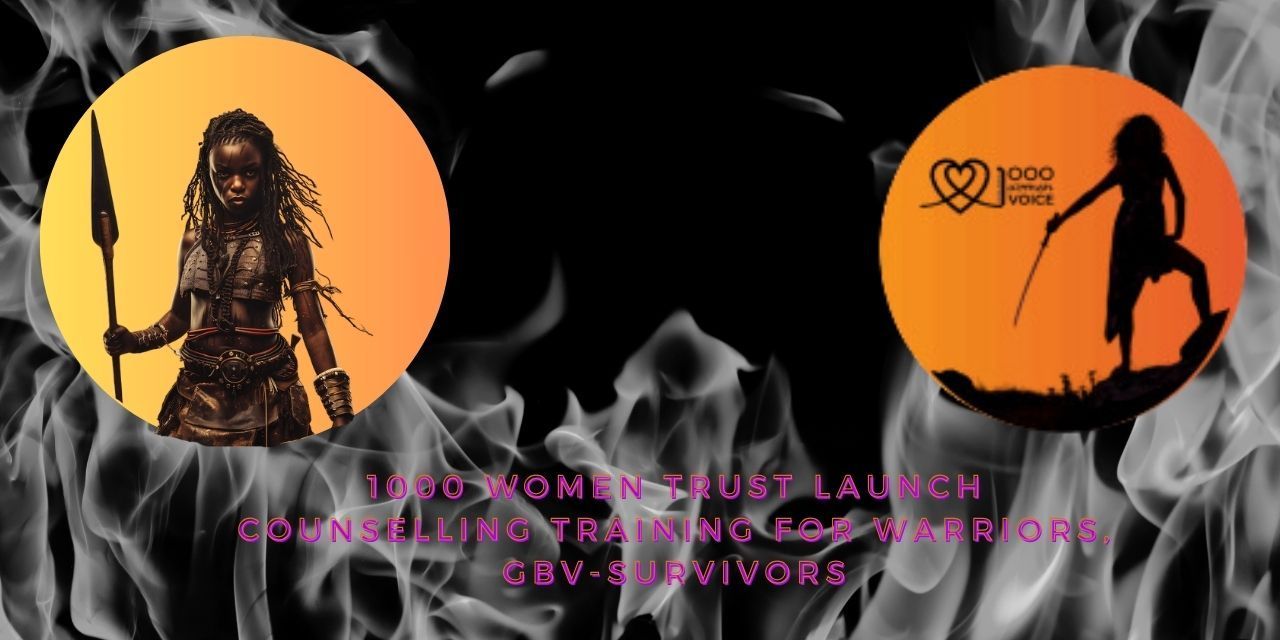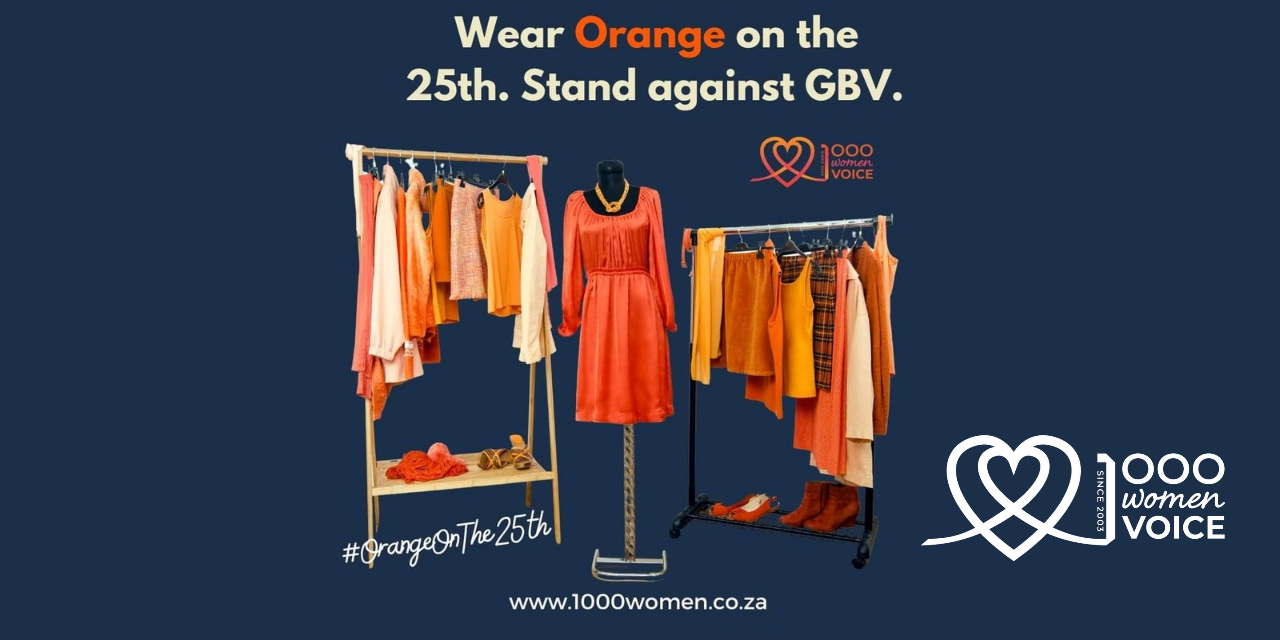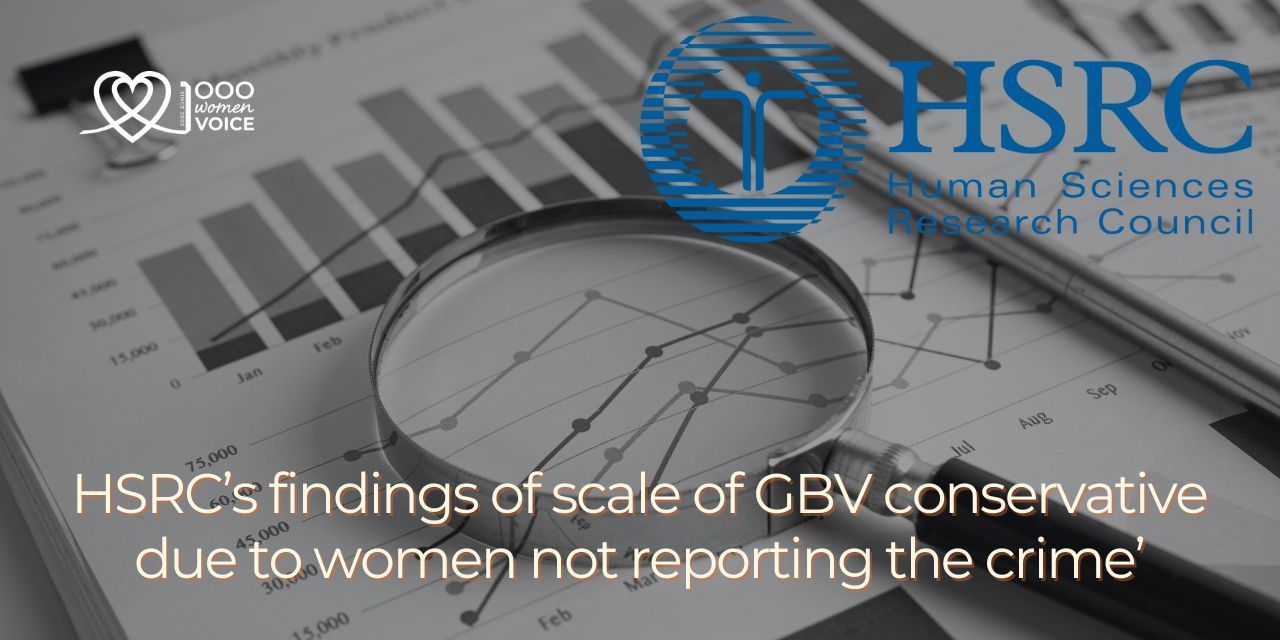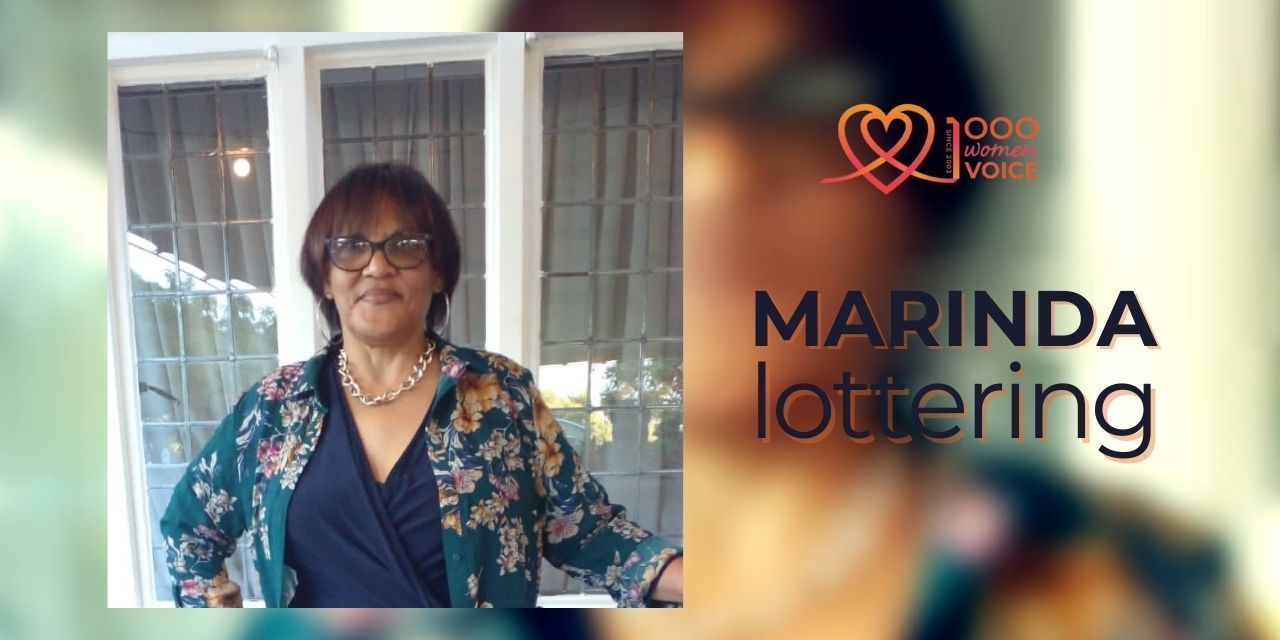Frustrated delegates at second presidential summit targeted Cele and Lamola with angry questions
The anger of the delegates to the second presidential summit against gender-based violence and femicide on the first day of the summit at Gallaghar Estate was palpable and there were many frustrated and combative delegates who targeted specifically two senior minister with their questions about the government tendency to pay lip-service to action against GBV.
How is it possible, one delegate asked the minister of justice and correctional service, Ronald Lamola, that there were 9516 cases of rape reported to the South African Police Service between April and July 2022, but only 286 people were convicted of rape in this period, and 46 people sentenced to life in prison because of rape?
“Why are we paying lip-service about denying perpetrators of gender-based violence bail when this is exactly what is happening. We are tired of this,” one delegate said before the presidential address was due to start.
Another delegate asked the minister of police to answer the question as to why so many police officers are under investigation due to sexual offences, yet so very few of them are convicted or disciplined.
Bheki Cele’s answer on Tuesday about these allegations against police officers, underline why so many civic societies, women-led organizations like 1000 Women Trust and others are incredibly frustrated about the state of policing in South Africa.
The minister failed to address the fundamental question as to why, for example, since 2012, more than 1000 police officers have been accused of rape according to data from the Independent Police Investigative Directorate, yet up to 97 % of those accused are not convicted in court, partly because of problems in the forensic data system.
What are the facts that the minister has not responded to?
Since 2012, IPID has registered nearly a thousand rape cases against on- and off-duty police officers. More than a third of these are against police officers who were “on-duty” at the time that they apparently committed their crimes.
With each case that IPID registers, a complaint description is taken down, usually from the statements of people who say they experienced abuses by police officers.
From the database, Viewfinder isolated 220 rape complaints registered against “on-duty” police officers across the country between April 2015 and March 2020 – the most recent five-year period for which audited data is available.
These descriptions consistently pointed to cases where police officers stand accused of abusing the power, trust or privilege of their position in order to commit rape
Yet, only 3 % of them have been successfully prosecuted.
If 100 men rape a woman in South Africa, about 8 % of them is successfully prosecuted and land behind bars.
Yet, on Tuesday, when the minister was called to answer those questions, he was incredibly vague, and merely pointed to structures like IPID and the National Prosecuting Authority that investigate matters like these, yet did not answer the fundamental question – why is so few policemen who engage in sexual offenses, successfully prosecuted.
He also did not answer the question as to why so many police officers treat women who report gender-based violence, with disdain, or simply dismiss them and fail to open a case against the perpetrators and rapists.
The tone of the summit in the build-up to president Cyril Rampahosa’s address was almost militant and hostile, especially towards the panel of ministers.
A few speakers pointed to the fact that Cele said at a stage that one woman who was recently raped during the incident near Krugersdorp when eight women were raped, “was lucky to be raped only once.” They grilled him for his remarks.
Another delegate wanted to know from the speaker of the parliament where there was no parliamentary action against the minister of finance who allegedly sexually abused a woman recently.
“One of the greatest problems is the poor work done by the first receivers of women subjected to gender-based violence – the SAPS and the health departments,” said one of the delegates.
Prof naeemah Abrahams said during a short address: “we need to dismantle patriarchal systems that fuels GBV and create conditions where women and children are disproportionately affected by violence.”
Pro Olive Shisana said: “69 % of women and children on the African continent are likely to be killed by an intimate partner or a person known to them.”
Government departments must submit monthly progress reports against GBV, says President
“We want to do nothing less than fundamentally and forever change society – so that the women and children of this country may live in safety, in peace and in happiness,” were the words of President Cyril Ramaphosa during his address during the second presidential summit at the Gallagher Estate on Tuesday 1st November where he addressed more than 800 delegates.
Ramaphosa admitted that the government failed the women and children of the country, as he said that data from the South African Police Service showed that sexual offences and rape increased by 13 % between 2017/2018 and 2021/2022.
Between the first quarter of 2021 and the first quarter of 2022 there was a 52 per cent increase in the murder of women, and 46 per cent increase in the number of children murdered.
Not a day goes by without a story in the newspapers, on television or online about a woman or child that has lost their life or been abused in the most horrendous manner.
Since the rape and murder of 19-year-old Uyinene Mrwetyana in 2019 sparked mass marches around the country, there have been so many more women killed by men.
Since then, the nation has been horrified by the brutal violence that took the lives of Tshegofatso Pule, Nosicelo Mtebeni, Hillary Gardee, Namhla Mtwa, Dimpho Skelenge and many other women.
Innocents like Asithandile Same, Tshimologo Lotshabeng, Tazne van Wyk and Reagan Gertse have fallen victim to heartless criminals.
Just as the country was reeling from the news of a gang rape of a group of women in Krugersdorp, we were confronted with the news of the murder of 4-year-old little Bokgabo Poo, who was dismembered and her body parts thrown into a field.
It is a story of a nation at war with itself.
For more information, visit 1000 Women Trust on www.1000women.co.za or email the Trust at info@1000women.co.za.
